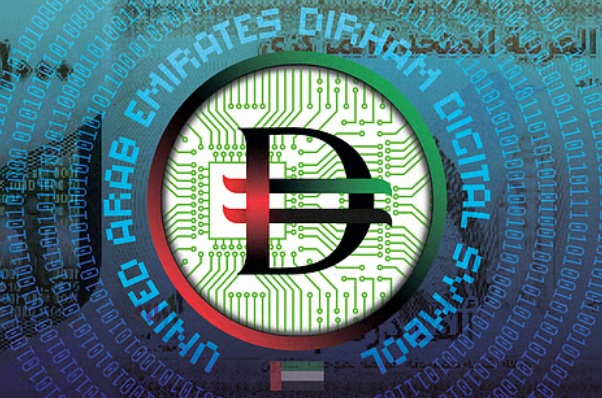Payments in Digital Dirhams as new UAE law puts e-currency on par with cash
Back To Main Page: Economy and Business, UAE News

A new UAE law formally places the Digital Dirham on the same legal footing as physical cash, confirming it as “legal tender for payment of any amount". Federal Decree Law No. (6) of 2025 defines the Dirham as being represented by “notes, coins and digital forms", giving the Central Bank of the UAE (CBUAE) a clear statutory basis for its digital currency programme.
“However, detailed implementation regulations by the Central Bank of the UAE (CBUAE) Board of Directors are still pending,” said Ali Awad, Partner at Al Tamimi & Company. “These regulations are expected to govern how the digital currency will be issued, circulated, redeemed at full nominal value, and legally transferred. Once these rules are in place and the system becomes operational, no merchant, financial institution, or public body will be permitted to refuse Digital Dirhams as payment for goods or services.”
On Tuesday, the Ministry of Finance and Dubai’s Department of Finance completed the UAE’s first government financial transaction using the Digital Dirham, in coordination with the CBUAE. The demonstration formed part of the pilot phase of the Digital Dirham project, aimed at accelerating the adoption of digital payments.
When asked whether salaries or retail payments could eventually be made with Digital Dirhams, Awad said this is a likely future development. “Legally, now that the Digital Dirham is recognised as legal tender, there is no legal obstacle to paying salaries, retail purchases, or remittances in Digital Dirhams. Operationally, this will require CBUAE implementation regulations setting out how Digital Dirhams are issued, distributed, and held, including wallet interoperability.”
He added that employers, point-of-sale networks, and remittance platforms would need to integrate with the Digital Dirham infrastructure. “Public and private sector readiness to accept Digital Dirhams, alongside cross-border agreements with foreign regulators to enable international remittances via CBDC (Central Bank Digital Currency) corridors, will also be required.”
How it is different
The Central Bank describes the Digital Dirham as a digital version of the UAE’s national currency, “enabling instant settlements and widespread accessibility with the security and trust of traditional central bank-backed money".
According to a CBUAE policy paper, the Digital Dirham is expected to simplify payment processes by reducing transaction costs and enabling immediate settlement for retail, wholesale, and cross-border payments. A widely accessible CBDC could also broaden financial inclusion by giving unbanked or underbanked individuals easier access to formal financial services.
Unlike cash, the Digital Dirham supports programmable payments, real-time settlement, and seamless cross-border transfers — changes that will require updated infrastructure and compliance protocols.
“It will be treated as equivalent to central bank reserves, prompting changes in liquidity management, regulatory treatment, and access to CBUAE facilities. Designed for retail, wholesale, and international use, the Digital Dirham aims to enhance payment system efficiency and strengthen monetary policy execution,” Awad explained.
The CBUAE plans to roll out the Digital Dirham in phases, with risk controls built into its design.
“The Digital Dirham will be distributed using an intermediated CBDC model, with hybrid wallet-based access,” the CBUAE policy paper states. “Digital Dirham wallet providers will include LFIs (banks, exchange houses, payment service providers) as well as FinTechs with SVF licences (store value facility).”
The Digital Dirham will rely on a hybrid architecture that combines account- and token-based elements. Users will hold wallets with account identifiers, while all transactions will be recorded on a permissioned distributed ledger.
The framework is part of the wider overhaul introduced under Federal Decree Law No. (6) of 2025, which consolidates the regulation of banks, insurers, and fintechs under the Central Bank. The same law introduces stronger enforcement tools, including early-intervention powers and administrative fines of up to Dh1 billion for serious breaches.























